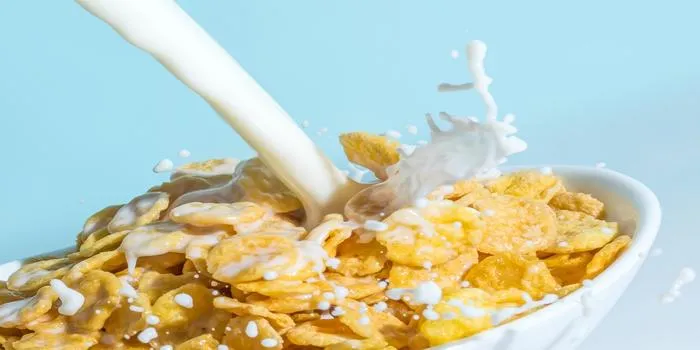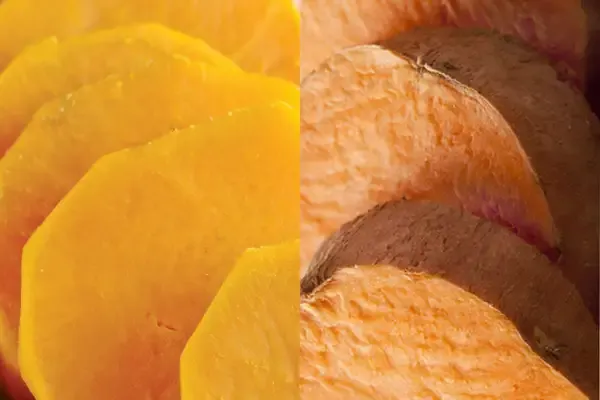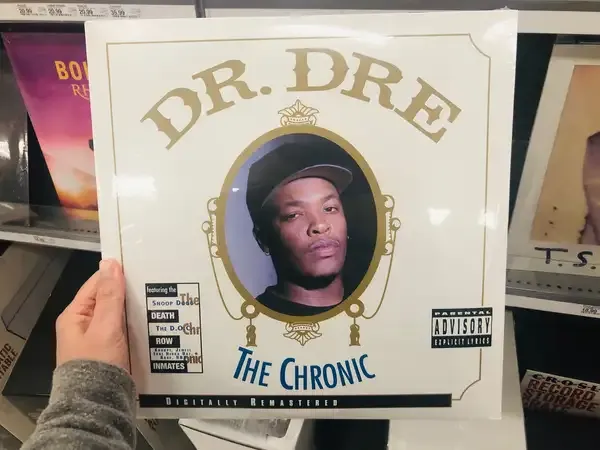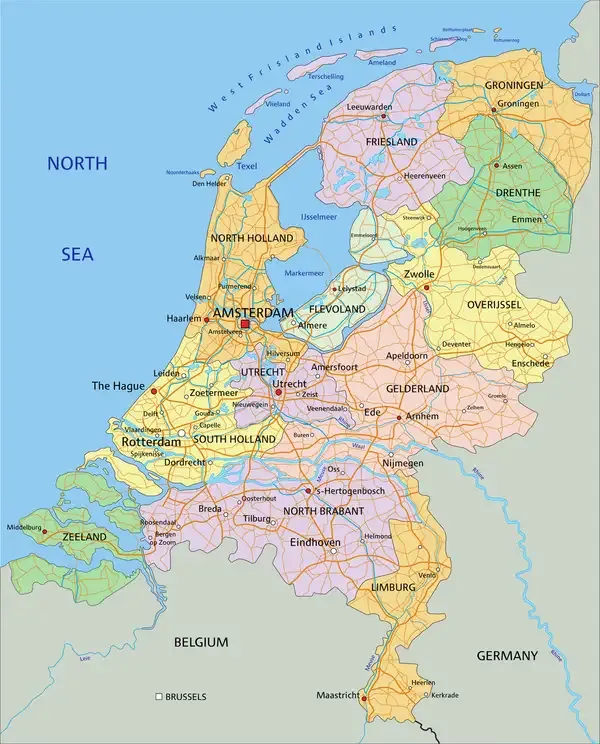Would You Eat Bugs?
"Would You Eat Bugs?" explores the intriguing culinary practices of various cultures, particularly the growing interest in entomophagy. The book also delves into the origins of nicknames for famous cities, including New York's "Big Apple." Each city's moniker is linked to its unique history, culture, or characteristics, offering insights into how these names reflect the essence of urban life. Together, these topics highlight the intersection of food, identity, and the stories that shape our understanding of places.
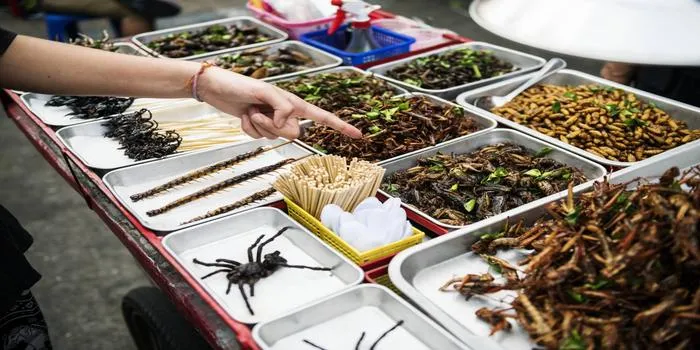
Understanding the Trend of Eating Bugs
The conversation surrounding the consumption of insects has gained significant traction in recent years. As the world grapples with food security issues and the environmental impacts of traditional livestock farming, many are asking, "Would you eat bugs?" This question is not merely a matter of personal preference but also touches on sustainability, nutrition, and cultural acceptance. Understanding the various aspects of entomophagy (the practice of eating insects) can provide insights into why more people are considering this alternative protein source.
Nutritional Benefits of Insects
Insects are often touted as a superfood due to their high nutritional value. They are rich in proteins, vitamins, and essential minerals. Here’s a comparison table of some of the common edible insects and their nutritional content per 100 grams:
| Insect Type | Protein (g) | Fat (g) | Carbohydrates (g) | Vitamins & Minerals |
|---|---|---|---|---|
| Crickets | 60-70 | 20-30 | 10 | Rich in B vitamins, iron, and calcium |
| Mealworms | 50-60 | 30-40 | 10 | High in fiber, vitamins B2 and B3 |
| Ants | 30-40 | 5-10 | 15 | Good source of vitamin C and calcium |
| Grasshoppers | 60-70 | 15-25 | 5-10 | High in iron and zinc |
This impressive nutritional profile positions insects as a viable alternative to conventional protein sources. As global populations increase, the demand for sustainable food sources becomes more pressing, making insect consumption an appealing option.
Sustainability and Environmental Impact
One of the most compelling reasons to consider eating bugs is the significant environmental benefits associated with insect farming. Insects require far less land, water, and feed compared to traditional livestock. For instance, crickets require about 12 times less feed than cattle to produce the same amount of protein. This efficiency translates to a lower carbon footprint, making insects a more sustainable food source.
Additionally, insects produce fewer greenhouse gases than cattle or pigs. According to research, raising insects could reduce the environmental impact of food production significantly. With the global focus shifting towards reducing carbon emissions and promoting sustainable practices, incorporating insects into our diets is increasingly seen as a viable solution.
Cultural Acceptance of Insect Consumption
While the idea of consuming insects may seem unappealing to many in Western cultures, it is a common practice in various countries around the world. Insects are a traditional food source in many Asian, African, and Latin American cultures. For example, in Thailand, fried crickets are a popular snack, while in Mexico, chapulines (toasted grasshoppers) are a delicacy. The acceptance of eating bugs often comes down to cultural norms and personal experiences.
As the trend of entomophagy gains traction, there is a growing movement to normalize the consumption of insects in regions where it is not traditionally practiced. Efforts include culinary innovations that incorporate insects into familiar dishes, making them more palatable for those who might be hesitant to try them. This cultural shift reflects a broader recognition of the need for diverse protein sources in our diets.
Challenges and Considerations
Despite the numerous benefits of consuming insects, several challenges remain. One of the primary barriers is the perception of eating bugs. Many people view insects as pests rather than food, leading to resistance against incorporating them into their diets. Education and awareness are crucial in overcoming these perceptions and promoting the benefits of entomophagy.
Another consideration is the safety and regulation of insect consumption. As demand for edible insects grows, ensuring that they are farmed and processed safely becomes paramount. Regulatory bodies are beginning to establish guidelines for insect farming to ensure that they are safe for human consumption.
The Future of Eating Bugs
As we look towards the future, the question "Would you eat bugs?" may not be as far-fetched as it once seemed. With increasing awareness of sustainability issues, nutritional benefits, and cultural acceptance, insects are poised to become a mainstream food source. Entrepreneurs and chefs are already experimenting with insect-based products, from protein bars to gourmet dishes, showcasing the versatility of insects in our diets.
In conclusion, incorporating insects into our diets offers a promising solution to the challenges of food security and environmental sustainability. With ongoing efforts to shift perceptions and promote the benefits of eating bugs, we may soon see a world where insect consumption becomes a norm rather than an exception. The future of food could very well be crawling with potential.


